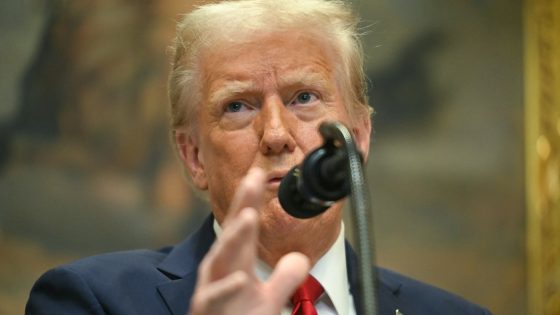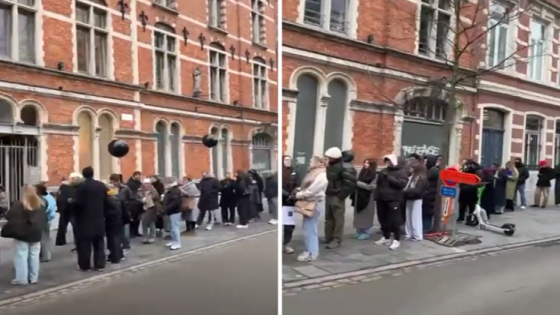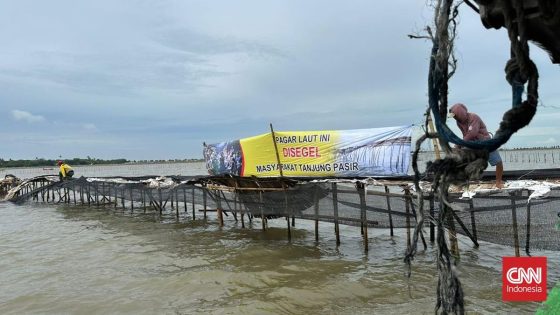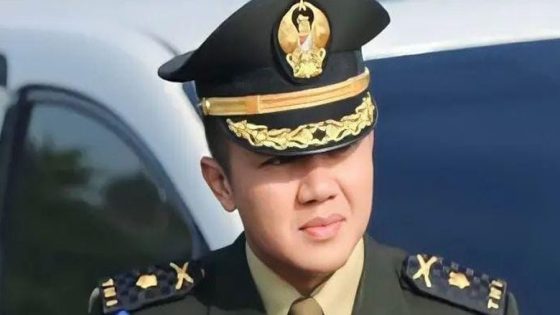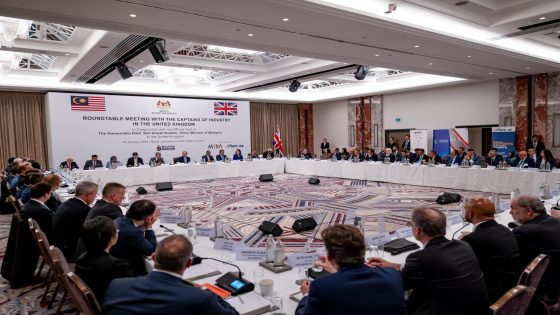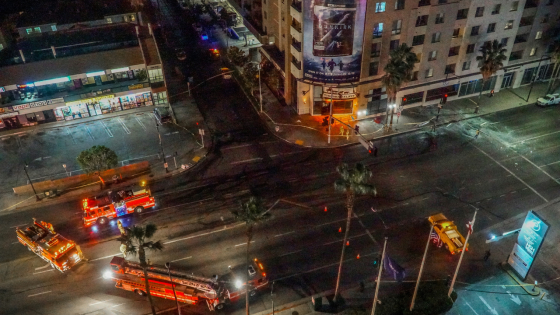On January 22, 2025, former President Donald Trump defended his decision to pardon individuals involved in the January 6 Capitol riots. This controversial move has sparked significant debate within political circles and among law enforcement officials regarding its implications for future protests and public safety.
- Trump defends pardoning January 6 rioters.
- GOP reacts to Trump's controversial pardons.
- Concerns rise over potential violence resurgence.
- Former officer feels betrayed after pardons.
- CNN questions defense of January 6 attackers.
The pardoning of January 6 rioters by Trump has raised alarms among various groups, including law enforcement and political analysts. Critics argue that this action could encourage further unrest during protests or demonstrations. In response to Trump’s announcement, several police officers expressed feelings of betrayal and fear for their safety, stating that these pardons undermine the rule of law.
Key points surrounding the pardons include:
- Trump’s rationale centers on claims of unfair treatment towards those charged in connection with the riots.
- Some GOP members support the pardons as a means to rally their base ahead of upcoming elections.
- Concerns have been voiced about possible repercussions, including increased violence at future events.
The reaction from lawmakers has been polarized. While some Republicans defend Trump’s actions as a necessary step toward justice for supporters wrongfully prosecuted, others warn that such decisions can erode public trust in government institutions. As discussions continue, many are left questioning the long-term effects of these pardons on American democracy and civil discourse.
This situation highlights a critical juncture in U.S. politics where legal accountability meets partisan loyalty. As debates unfold over Trump’s decisions, the broader implications for governance and civic responsibility remain a focal point for both supporters and critics alike.



